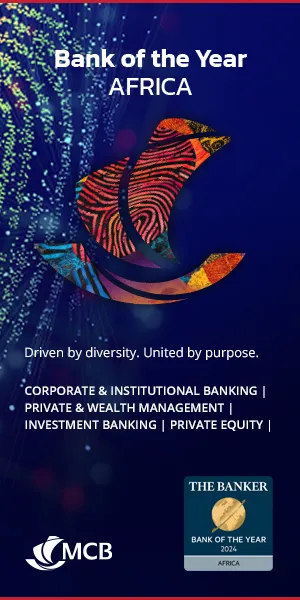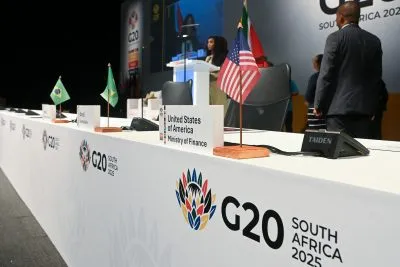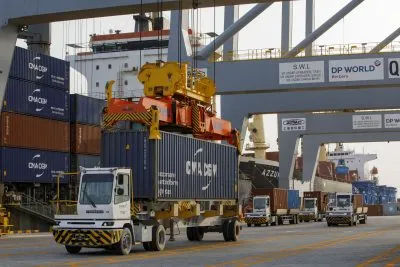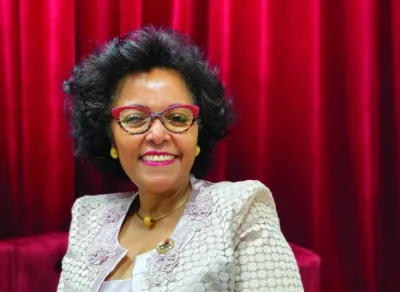Senegalese President Macky Sall has criticised the multilateral financial system and argued that the current deal for Africa is a handbrake on its development.
“Explaining underdevelopment in Africa is very simple. The rules set up by international institutions have put us in a straitjacket… The rules are unfair, outdated, and need to be disputed,” he told delegates attending the ECA’s Conference of African Ministers of Finance, Planning and Economic Development in Dakar’s conference centre.
“It is time for Africa to speak out. The voices should not just be those of leaders but of finance ministers and others affected by a system that works against the continent. We must look for innovative solutions.”
Ratings agencies overstate African risk
Sall, current chair of the African Union, argued that international rating agencies overstate African risk, making it impossible for countries to borrow money at fair rates, even if “the return on investment is greater in Africa than anywhere else”.
He spoke about Dakar’s new highspeed train that was completed within five years and started running in late 2021. There were many other major projects that were funded and delivered on time, he said.
Call for action on Special Drawing Rights
Sall called for a new deal on IMF Special Drawing Rights – supplementary foreign exchange reserve assets defined and maintained by Fund – which he said has been an obsession of his for the past year.
He regretted that Africa had received a mere $33bn of the $650bn allocated for Covid-19 recovery, with the US, Japan, China and Germany receiving more allocations individually than the whole continent.
He said this highlights the weighting given to Africa in the global economy by the Bretton Woods institutions.
“The allocation doesn’t meet the scale of the crisis we are facing. What must Africa do? What is our place in the world?” he asked.
“We must be brave enough to question this. We are told we can no longer ask for reallocation of the SDRs. But we must talk about a new allocation as countries have already drawn down on this.”
In addition, Sall pointed out the high cost of borrowing from the OECD which slows development in Africa. He said interest rates should be lowered to 5%, compared to the actual 15%, and he will engage in a discussion with member countries in Paris in June to reconsider the credit terms.
“We don’t want to hear about financial aid anymore. We are making economic partnerships and we want fair access to the financial market,” he said.
He said Senegal had diversified partnerships with different parties and it was not looking for exclusive partners “as long as our interests are being served”.
Sall called on central banks to allow more flexibility on monetary policies which often constrain African countries’ spending. Solutions include the introduction of long-term loans at generous rates in exchange for sizeable infrastructure projects.
“We want to change the rules of credit. Let’s look at the reality and make sure the terms support development,” he added.
Ukraine war compromises Africa’s recovery
The war in Ukraine is compromising Africa’s post-pandemic recovery and the continent had to act collectively to address this new challenge, which was pushing up prices and increasing inflation in African countries, he said.
Sall said he had a mandate from his African peers to go to Moscow to ask Russian President Vladimir Putin to allow Ukraine to be able to export grain. He said some sanctions should be removed to alleviate Africa’s suffering in the wake of the war.
Want to continue reading? Subscribe today.
You've read all your free articles for this month! Subscribe now to enjoy full access to our content.
Digital Monthly
£8.00 / month
Receive full unlimited access to our articles, opinions, podcasts and more.
Digital Yearly
£70.00 / year
Our best value offer - save £26 and gain access to all of our digital content for an entire year!

 Sign in with Google
Sign in with Google 






